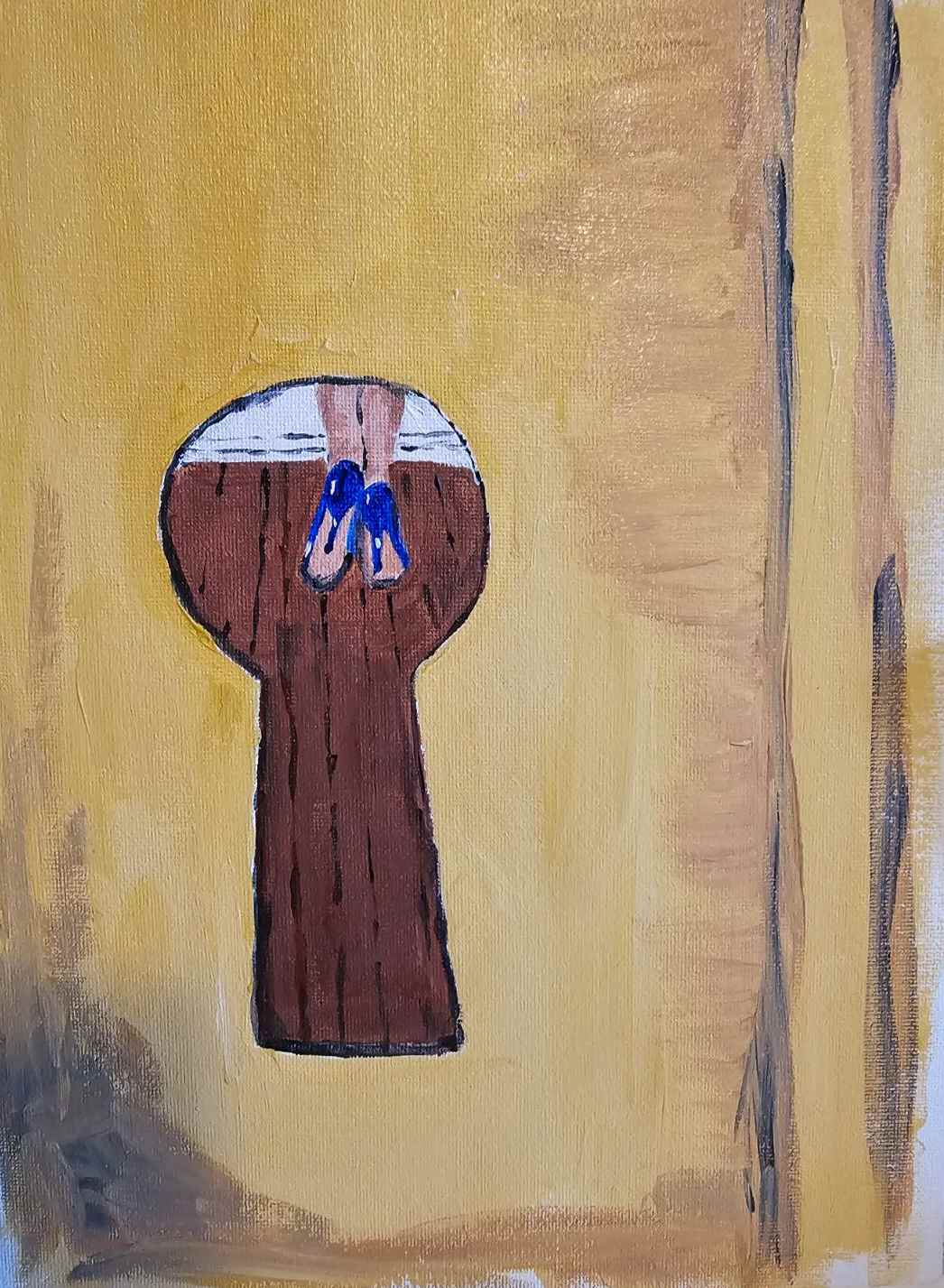
| ECHOES |
|
PHOTO CREDIT: by wal_172619,
https://pixabay.com/photos/columns-pillared-hall-stone-8171283/
Gini’s mother left when she
was 12 years old, not a good time for a young woman, a girl
really, to lose her mother. Not there really ever is a good
time. But Gini was rushing through the highs and lows of her
first real crush, a boy who sat across the aisle from her all
afternoon, and without a mother to talk to she had only her
friend Alicia to rely upon for advice. What to do, when to do
it, if she should do it or anything else at all.
Her mother had known all that
stuff. Mothers do.
It wasn’t exactly a surprise.
Her mother and father had been fighting steadily for a couple of
months, yelling and screaming, followed by the loudest silence
on the planet.
She was in bed. The yelling
had stopped, finally. But too quickly. Gini sat up in bed and
tried to listen to the sudden quiet. She followed her father’s
footsteps out of the bedroom and across the hall and into the
kitchen, then a noise in their bedroom. It might have been doors
or drawers opening and closing.
She thought of those TV shows
and movies where some character puts a glass to the wall and
listens to what’s going on on the other side of the wall and
wondered if it actually worked and wished she’d thought about it
and brought a glass to bed with her.
Gini heard her mother flick
off bedroom lights. Then her heels echoing on the hallway floor,
the long, long hallway floor. It sounded heavier or something,
somehow, than the sound her heels usually made on the striped
wood, the echo betraying her progress down the hall and to the
table by the door and the rattling of her car keys, the door
opening, then shutting.
“Renée is gone, I’m sorry to
say,” her father said in the morning, pouring her a bowl of
Cheerios and handing them to her. “And I don’t know when or if
she might be coming back.”
He reached to the counter and
got the carton of milk and handed it to her.
“I’m sorry,” he said.
He’d never called her mother
by her first name before, and he never again called her anything
else.
Years passed. She relied on
girlfriends, the occasional mother of some boyfriend who’d
always wanted a daughter, teachers and counselors and college
professors – all of them supplying her with the guidance her
mother should have and her father couldn’t. Or wouldn’t. Because just as she’d lost her mother that night, he’d lost his wife. She would go on with her life, he would wait for his to be over.
She often thinks of her mother, Renée, still angry that she’d
walked away, especially when she leaves her office and walks
across campus to teach, walking through a concrete passageway
between buildings, the click of her heels echoing her progress. From Julia Berger: CLICK THE PLAY BUTTON
From Milly Mahoney-Dell'Aquila:
|
HOME
FLASH O'DAY STORIES
MY BOOKS ODDS 'N ENDS |

